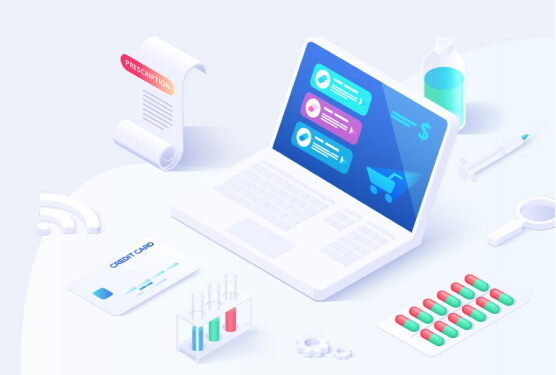A study conducted by the NIH suggested that by 2030, we will have 5 million fewer doctors than we have today due to population growth and fewer people entering the field overall.
This raises an important question.
The lower the supply, the higher the demand. A lot of people will be waiting in line for their turn for treatment.
But what it has to do with Ai ?
As the world faces a projected shortage of 5 million doctors by 2030, the demand for healthcare is set to skyrocket. Population growth and a dwindling number of people entering the medical field are contributing to the problem. But here’s the thing
it doesn’t have to be a nightmare. AI can step in and save the day. How? By streamlining healthcare processes and automating tasks that currently take up doctors’ time, we can ensure that fewer doctors still mean better care for everyone.
AI-powered tools are already proving their worth in diagnosing diseases.
From identifying early signs of cancer to interpreting medical imaging, AI can quickly and accurately analyze data, often faster than human doctors. This means that fewer doctors will have to handle routine diagnostics, and they can focus their attention on complex cases where human expertise is truly needed. The result? More efficient care and better outcomes for patients.
But it’s not just about diagnosis AI is revolutionizing treatment as well.
From creating personalized treatment plans based on patient data to predicting outcomes, AI can significantly improve how healthcare is delivered. With AI handling the grunt work, doctors can be more strategic and impactful, making better decisions for their patients. This allows them to spend more time on what matters most: patient care.
Another huge benefit of AI in healthcare is telemedicine.
With AI-powered virtual assistants, people can get health advice and basic treatment plans remotely. This is huge for accessibility, especially in rural or underserved areas where doctors are few and far between.
AI makes it easier for people to get the help they need without waiting for weeks for an appointment. It’s like having a doctor in your pocket — available anytime, anywhere.
In the end, AI doesn’t just help doctors do more with less — it opens up new possibilities for healthcare altogether. With AI handling routine tasks and assisting in patient care, doctors can focus on delivering the highest level of care possible. It’s the future of healthcare, and it’s already here. The key is using AI to bridge the gap and make healthcare more efficient, more accessible, and ultimately, more human.
BUt… IT Will Still be 70/hr A Week Work
As the number of doctors shrinks and healthcare demand increases, the real question is: how will we manage this crisis?
It’s clear that traditional methods won’t cut it. In fact, studies show that by 2030, nearly one-third of healthcare professionals in the U.S. will be over the age of 65, many of whom will retire or reduce their hours.
That’s a massive gap to fill, and it’s happening at a time when we need healthcare workers more than ever. So, how do we address this shortage?
The answer lies in AI-powered automation. In the past few years, AI technology has already started reshaping industries, but its role in healthcare could be a complete game-changer. Did you know AI can handle up to 40% of administrative tasks that currently take up doctors’ time? This includes scheduling, answering patient queries, and managing appointments. Imagine the potential of freeing up that much time for healthcare professionals, allowing them to focus on what truly matters: patient care.
But it’s not just about reducing administrative burden.
AI appointment setters and virtual assistants are transforming how patients interact with healthcare providers. Instead of calling and waiting for an appointment, patients can now schedule, reschedule, and get reminders from AI-powered systems 24/7.
The result? Patients are more likely to show up for their appointments, reducing no-shows by over 30%. And healthcare providers are able to automatically manage their schedules without lifting a finger.
At the same time, AI systems can be used for lead generation and qualification. Whether you’re a private practice or a large health system, AI can help you identify potential patients, engage with them, and determine their needs — all before a human ever steps in.
Did you know that AI has been shown to increase lead conversion rates by up to 50%? This means AI isn’t just helping you book more appointments — it’s helping you attract and retain the right kind of patients.
So, with all these benefits, the question is: Are you ready to implement AI into your healthcare practice? Whether it’s reducing overhead costs, managing your patient flow, or automating your appointment scheduling, AI can streamline your operations and provide a seamless experience for both you and your patients. Are you ready to take the first step and leverage AI to future-proof your business?


